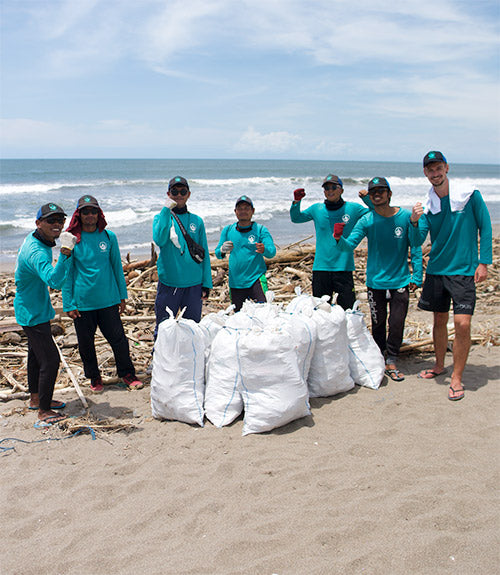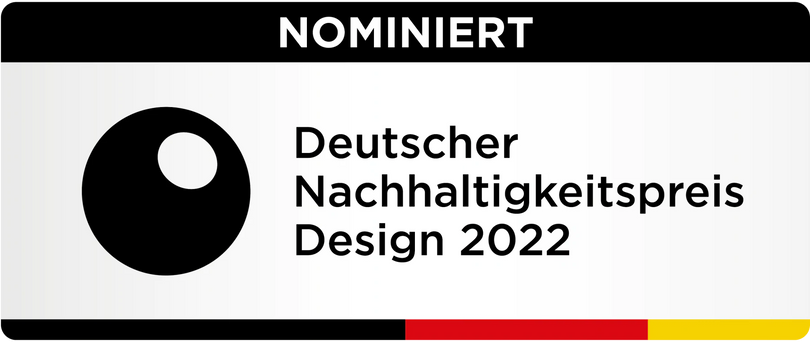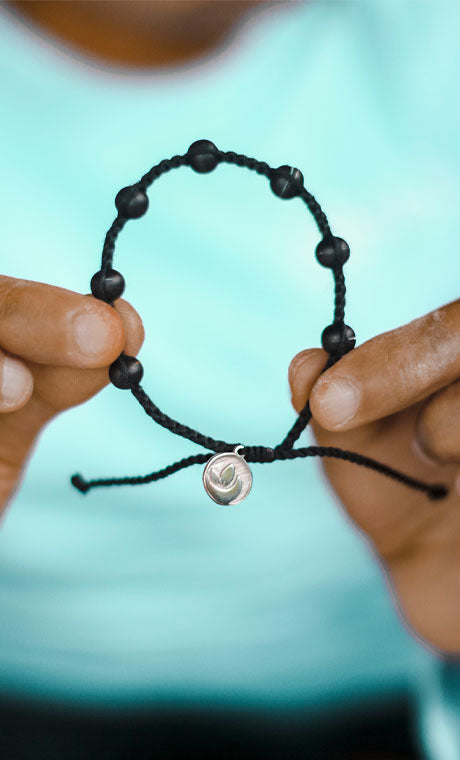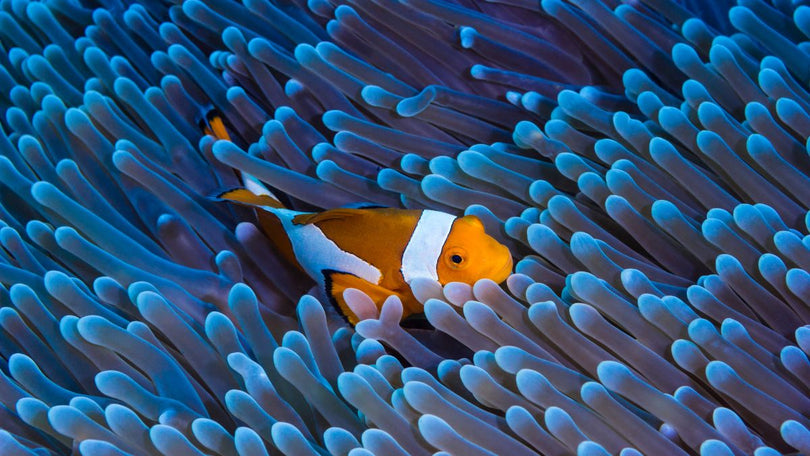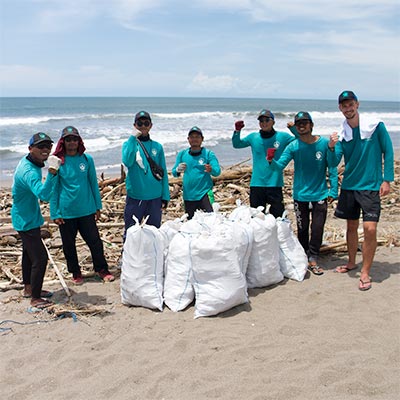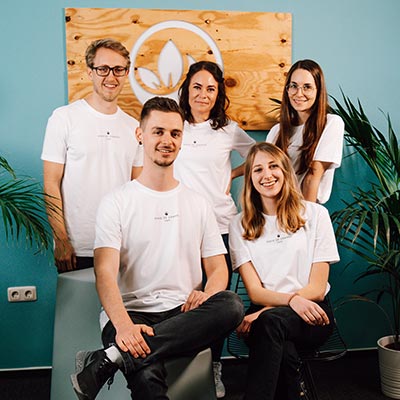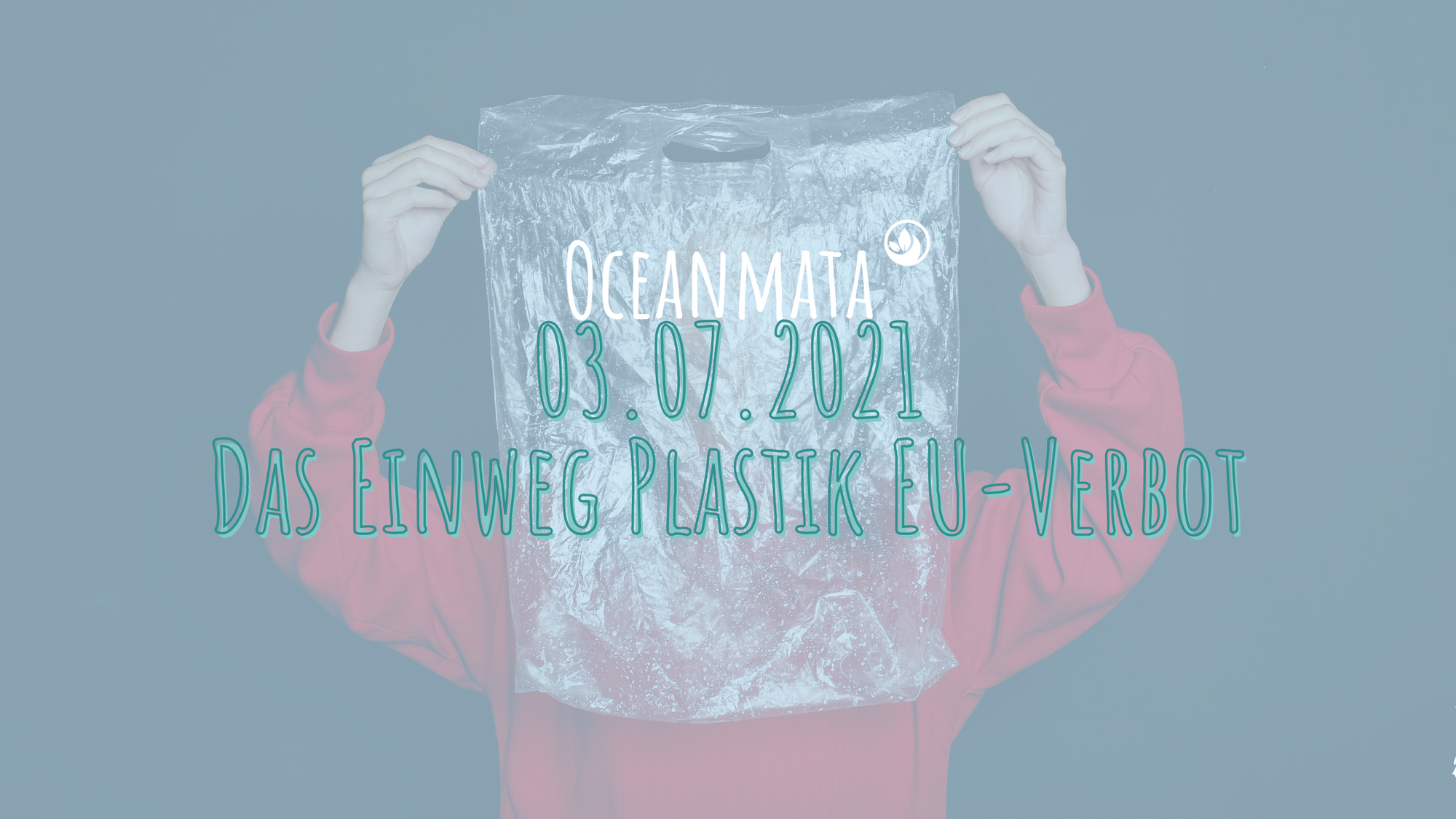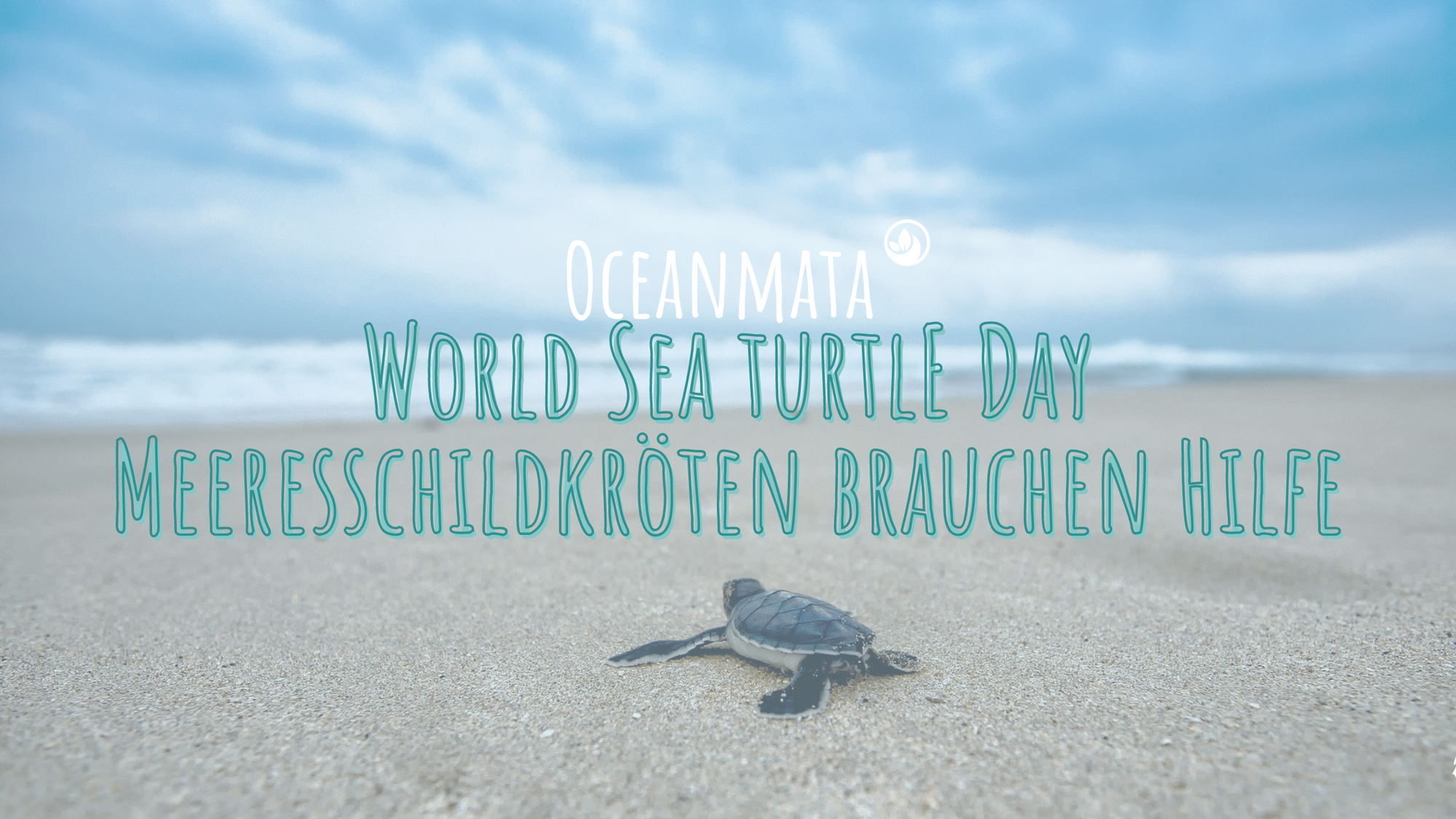The topic of sustainability is becoming increasingly important to our society in the face of increasing climate change . As a young startup, we are often concerned with the question of how far we can implement our own standards and build a sustainable company on them.
But not only professionally, but also privately we are always dealing with different Sustainability strategies As a team, we recently asked each other the question "What does sustainability mean to me?" and very different approaches emerged. At the end of this article, you'll find our personal thoughts on the topic of sustainability.
Of course, we are also very interested in which Sustainability strategy What do you think is right and how do you implement it in your life? If you'd like, share your opinion with us in the comments of this blog post. We're looking forward to discussing this topic.
What is sustainability anyway?
The term "Sustainability" offers a fairly large scope for interpretation, so that you very quickly find yourself asking yourself the question, what is for ME sustainability at all and who defines this term anyway?
If you look it up in the dictionary, it’s actually quite simple:
Sustainability = an effect that lasts over a longer period of time .
In addition, the Duden dictionary contains the use of the word from ecology, which states:
"Sustainability = principle according to which no more may be consumed than can be regrown, regenerated, and made available again in the future."
Everyone personally associates different things with the topic of sustainability.

How did the concept of sustainability come about?
Originally from forestry, the history of sustainability dates back to 17th century Exactly in 1713, a chief mining officer in Saxony, named Hans Carl von Carlowitz , already asked himself the question, how there could be a permanent supply of wood . Wood was essential for many areas of life at that time, whether for plows in the fields, mills, ships, or silver mines.
Carl von Carlowitz pursued the idea not to cut down more trees than can grow back . He thus coined the term "sustainable use." This was incorporated into forestry literature and translated into English as "sustainable." The term sustainability was essentially born.
In 1987, a Norwegian Prime Minister coined the term when she presented a report to the UN that described sustainability as follows:
"Development is sustainable when it meets the needs of the present without compromising the ability of future generations to meet their own needs."
Since we don't want to flood the entire article with historical details, you're welcome to do your own research into what happened after 1987. In summary, the basic idea is always to maintain areas in the long term and not to destroy them out of self-interest or due to a lack of thought. In other words, "always enough for everyone."
The three pillars of sustainability
In the 1990s, researchers identified the three pillars of sustainability. These encompass the areas of ecology, economy, and social issues. What do they mean?
1. Pillar of Sustainability - Ecology
The guidelines of the first pillar of sustainability are intended to ensure that the environment and its natural resources are protected. This includes the responsible use of water, energy, and finite raw materials.
As already stated in the definition of sustainability, this naturally presupposes that only as many non-renewable or slow-growing resources can be taken from the earth as can be replaced with renewable resources. At the same time, emissions can only be as high as they do not harm the planet.
Our health is also reflected here, as we must consciously handle substances that are harmful not only to the environment but also to human health.
2nd pillar of sustainability - economy
Especially in the business world, there is an urgent need for guidelines on protecting the environment. Of course, a company must make a profit to survive in the market. However, as soon as profit maximization becomes the focus, protecting the planet often becomes difficult.
Companies are therefore encouraged to develop long-term strategies, such as fair trade or the promotion of environmental protection projects. Every company boss should also think about domestic production in order to minimize the amount of waste produced.
Future generations are also included, as states are also encouraged to keep their debts as low as possible in order not to burden future generations.
3rd pillar of sustainability - Social
In the area of social affairs, the People at the center. It states that the development of one's own personality and human dignity must not be denied by anyone or anything. Demands of this pillar include, for example, fair working conditions, opportunities for training and continuing education, and freedom of professional development.
Social interests are also taken into account in the pillar of social sustainability. Companies and states should act only in the public interest.
Our thoughts
We've also written down our thoughts on the topic of sustainability. Of course, we're also interested in your thoughts on the topic. How do you implement sustainability in your everyday life and/or what do you understand by it? Let us know in the comments!

Our Sophia says...
"For me, sustainability means acting and consuming consciously. I live my life as sustainably as possible and am very conscious of every decision that isn't the most sustainable (e.g., traveling by plane or consuming an animal product) and try to offset the negative impacts elsewhere. We can only achieve great things if everyone contributes their part—no matter how small."

Our Manuela says..
"In my opinion, sustainability can start very small, and every tiny step in the right direction is better than standing still. That's why I personally try to incorporate sustainable alternatives into my everyday life as best I can. For example, I've replaced most of my bathroom utensils with wooden toothbrushes, solid soap, or reusable cotton pads.
For me, sustainability also means buying new things wisely and only when necessary. I want to throw away as little as possible and instead repair many things, make something new out of them, or give them away or resell them.

Our Isabell says...
"Sustainability is a mindset in private life. This word has various meanings, and therefore it's important to decide where you want to focus on a conscious lifestyle and which criteria are sustainable for you. For example, I chose the topic of Fair Instead of Fast Fashion.
For me, the most sustainable product is one thing above all: durable, resource-efficient, and produced under fair working conditions. Furthermore, sustainability doesn't stop with a product's quality standards. For me, it's a way of life or a conviction, and naturally extends to many other areas of life. Transparency and openness to error are essential to finding a green balance that brings lasting happiness.

Our Ilse says...
"For me, sustainability means acting in a way that conserves natural resources and does not harm the future for future generations. For me, this implies a lifestyle of conscious consumption and conscious actions for the benefit of the environment."

Our Fabian says...
"For me, sustainability means living in such a way that all current and future generations can live in a healthy and intact world. For me, an intact world is a world in balance with nature, the economy, and social life.
The prerequisite for this is holistic thinking and action. This means being aware that every action has an impact on nature, people, and their future. That's why it's important to take responsibility! Only through conscious action can we ensure that we are on the right path to a sustainable future."

Our Natalie says...
"I always approach my daily life with mindfulness. I live in a very rural area, and when I'm out in nature and see trash, for example, I pick it up. I don't buy cheap clothes and generally pay attention to trustworthy labels, even when it comes to food. I try to live sustainability within a framework that's feasible for me. I think it's important not to put pressure on yourself; nobody's perfect!
If everyone just thought a little bit about it and changed a few small things in their daily lives, a lot would already be achieved. Often, you feel overwhelmed...but for me, being sustainable doesn't mean being perfect overnight. You should get informed and look step by step at what you can integrate into your daily life."



